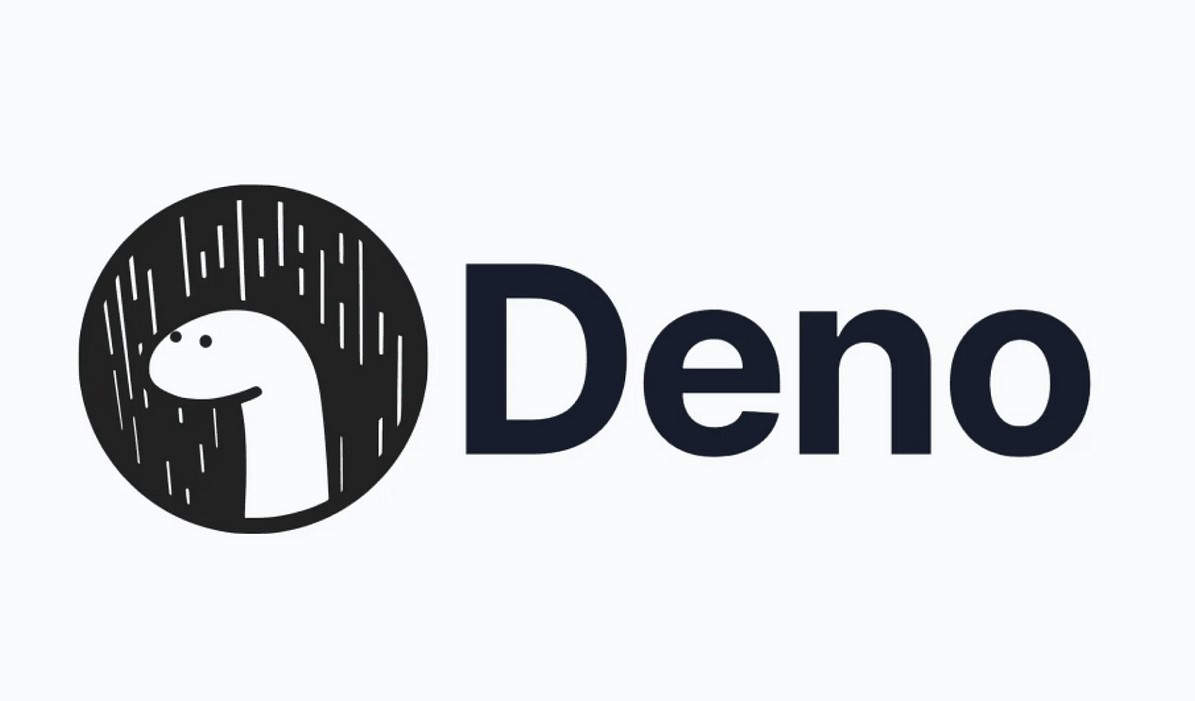
Deno vs Node.js: A Comprehensive Comparison for Server-Side Development
Technology in the programming field is constantly evolving, and new tools for server-side application development are continuously emerging. Two of the most discussed platforms in recent years are Deno and Node.js. Both are designed for server-side application development using JavaScript, yet they have significant differences. In this article, we will explore how Deno differs from Node.js and examine the advantages and disadvantages of each approach.
Key Features: Deno vs Node.js
Node.js, launched in 2009, quickly gained popularity due to its ability to handle a large number of simultaneous connections. This technology allows asynchronous request processing, making it an ideal solution for server-side applications that handle high loads. Node.js is based on V8, which also makes it fast at executing JavaScript code.
On the other hand, Deno is a newer platform, created by Ryan Dahl, one of the founders of Node.js. Deno was released in 2018 and offers a fresh approach to server-side development. Unlike Node.js, Deno supports TypeScript by default and has a built-in security system that limits access to the file system and network without requiring additional configuration.
While Node.js has enjoyed years of maturity and an extensive ecosystem, Deno represents a modern take on development, focusing on security, simplicity, and better integration with modern development practices. Deno aims to fix the pain points that were present in Node.js, particularly around security and module management.
How Has the Approach to Security Changed in Deno?
One of the key drawbacks of Node.js was its lack of built-in security features. All access to the file system or network had to be handled separately, either through configuration or third-party packages. In contrast, security is a core part of Deno. The platform does not allow an application to access system resources without explicit permission. This built-in security model makes Deno significantly safer for developers, especially when building public server applications.
In Deno, permissions are controlled at the level of the runtime. For example, you must explicitly grant permission for reading files or accessing the network. This feature enhances security and reduces the potential attack surface of the application. Additionally, this approach encourages developers to think more about security at the early stages of development.
Performance and Ecosystem
When it comes to performance, Node.js traditionally delivers high results thanks to V8. As such, its popularity in high-performance server applications is no accident. Furthermore, the vast Node.js ecosystem makes it easy to find libraries for any task—from database interactions to complex network protocols.
On the other hand, Deno has a smaller ecosystem since it is a newer tool. However, the number of libraries and frameworks for Deno has been growing rapidly, and many developers are already considering it a promising platform for new projects. Since Deno was initially designed with modern security and modularity requirements in mind, it offers certain long-term advantages for projects that prioritize security and stability.
Node.js excels in its rich and established ecosystem, meaning developers can rely on a wide range of tools, libraries, and frameworks. Whether it is integrating with other technologies, utilizing complex database management systems, or building scalable architectures, Node.js offers a battle-tested environment. However, with the increasing adoption of Deno, it is clear that the platform has a bright future and could become a major player in the coming years.
Should You Transition to Deno?
The choice between Node.js and Deno depends on various factors, including the need for security, performance, and available libraries. If you need a quick start and reliability within a mature ecosystem, Node.js is still an excellent choice. However, for new projects that require TypeScript integration or heightened security, Deno may be the perfect option.
As more libraries and frameworks are developed for Deno, and as its ecosystem continues to grow, it is likely that more developers will explore this platform as an alternative to Node.js, especially for projects that are security-centric or where TypeScript is a primary requirement.
Advantages and Disadvantages of Deno and Node.js
Each platform comes with its own set of advantages and disadvantages. Node.js is known for its stability and support for a vast number of libraries and frameworks. This makes it ideal for large-scale enterprise applications that require reliability and a tried-and-tested technology stack.
On the other hand, Deno boasts a more modern architecture, built-in security, and native support for TypeScript. This makes it highly appealing for developers who want to build server-side applications with a focus on modern security practices. However, the smaller number of available libraries and frameworks may be a limitation for those working on large, complex projects that require extensive tooling.
Node.js is generally better suited for projects that need a stable, battle-tested environment with a proven track record. It is particularly useful for high-traffic applications that demand maximum performance and scalability. Deno, however, is a great choice for developers who want to adopt cutting-edge features and modern development practices, particularly when security is a priority.
How to Choose Between Deno and Node.js for Server-Side Applications?
The final decision will depend on the specific requirements of your project. If you are working in an environment where security and TypeScript integration are critical, Deno could be the better option. However, if you need a vast library ecosystem, compatibility with existing tools, or you’re dealing with a large-scale enterprise project, Node.js is likely to be the better fit.

Conclusion
As of 2024, both Node.js and Deno have their places in the server-side technology market. While Node.js remains more stable and has a large ecosystem, Deno is gaining popularity due to its modern architecture, built-in security, and TypeScript support. The future of these platforms will likely see Deno growing in popularity, but Node.js will continue to dominate the market due to its maturity and vast ecosystem. Developers can choose the platform that best fits their project needs, with Deno being a strong contender for the future.





